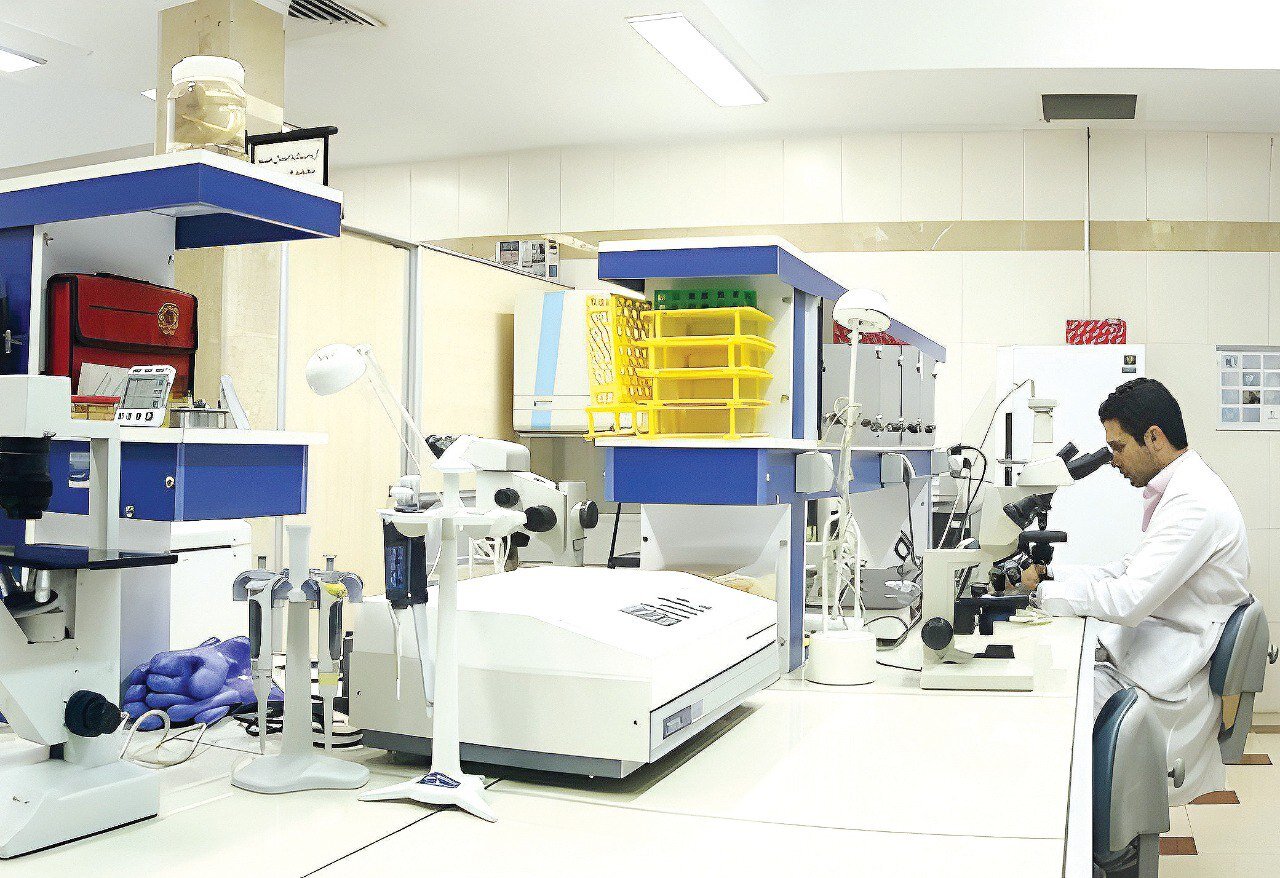Notable Progress in Cell Therapy
Iran has improved global rank to 8th from 12th last year

TEHRAN – Iran has made significant progress in the field of stem cells and cell therapy, advancing to the eighth place in the world from the 12th in the previous year.
“Last year, we had only one cell therapy product on the market and ranked 12th in the world, but this year we have reached eighth place in the world with 5 products,” according to Mostafa Qanei, an official with the Vice-Presidency for Science and Technology.
He made the remarks in a press conference in Tehran on Sunday with a focus on the achievements of the health sector.
“Our goal is to be among the top five countries in the world in this field and eliminate the need for patients to travel abroad for treatment,” he added.
Technological projects in health sector
For his part, Saeed Sarkar, an official with the Vice-Presidency for Science and Technology, added that twenty technological projects related to the health sector are on the agenda in the current Iranian year, which ends in March 2026.
These projects include the production of spinal muscular atrophy (SMA) drugs, the development of early detection kits for digestive cancers, and other health-oriented products, which are expected to save up to $40 million in foreign currency, IRIB quoted Sarkar as saying.
Referring to medicinal plants, the official said: “We are pursuing two main goals, the first one is to improve the effectiveness of medicinal plants through technologies such as nanotechnology, for example, nanocapsules loaded with curcumin to enhance absorption capacity.
The second goal is to conduct clinical trials to document the effects of traditional medicine and present the results to the health ministry for verification.
Talking about the use of artificial intelligence in the health system, Sarkar said, “We are deploying artificial intelligence tools in sectors like radiology and pathology. These devices will play a complementary role in medical diagnostics, helping to improve accuracy, reduce costs, and improve public access to healthcare.”
The official went on to highlight the unprecedented potential of AI technology in the health sector, saying that the use of artificial intelligence in the health system can significantly enhance the accuracy and speed of clinical decision-making while simultaneously reducing costs and risks.
In February, IRNA quoted the Food and Drug Administration director, Mehdi Pirsalehi, as saying that Iran has succeeded in producing cell therapy products that have received the FDA's approval.
“Some gene therapy products are also in the clinical trial phase,” he added.
Referring to the country’s scientific progress in the pharmaceutical sector and Iranian scientists’ capabilities, the official highlighted the significance of developing modern techniques and utilizing artificial intelligence in the pharmaceutical industry.
About 99 percent of the medicine supplied to the domestic market is produced by Iranian knowledge-based companies. They have also been successful at manufacturing biotechnology products using indigenized technology to meet the needs of the country,” Pirsalehi added.
Integrating AI in healthcare
In April, Qanei said one of the main priorities of the vice-presidency for science and knowledge-based economy in the health sector is to integrate AI in healthcare to reduce treatment costs by forty percent.
The country’s current health care costs are very high; one of the main solutions to lower the healthcare costs (particularly of chronic diseases) and boost productivity is using appropriate AI-based technologies, IRNA quoted Qanei as saying.
Integrating AI into the healthcare system requires a proper roadmap and a comprehensive approach. The official went on to say that experts operating in the field will be supported in different ways to boost innovation.
MT/MG
Leave a Comment